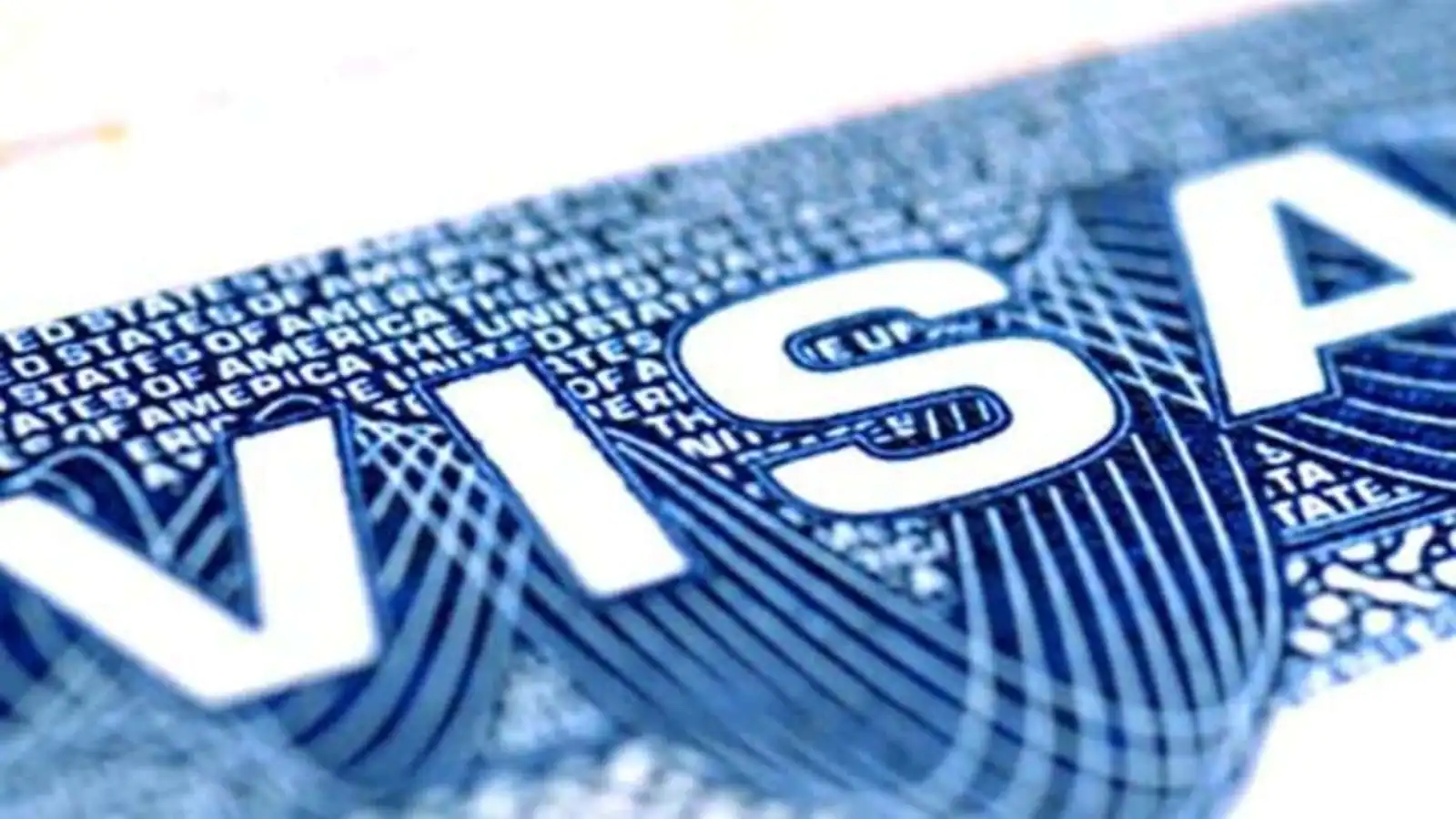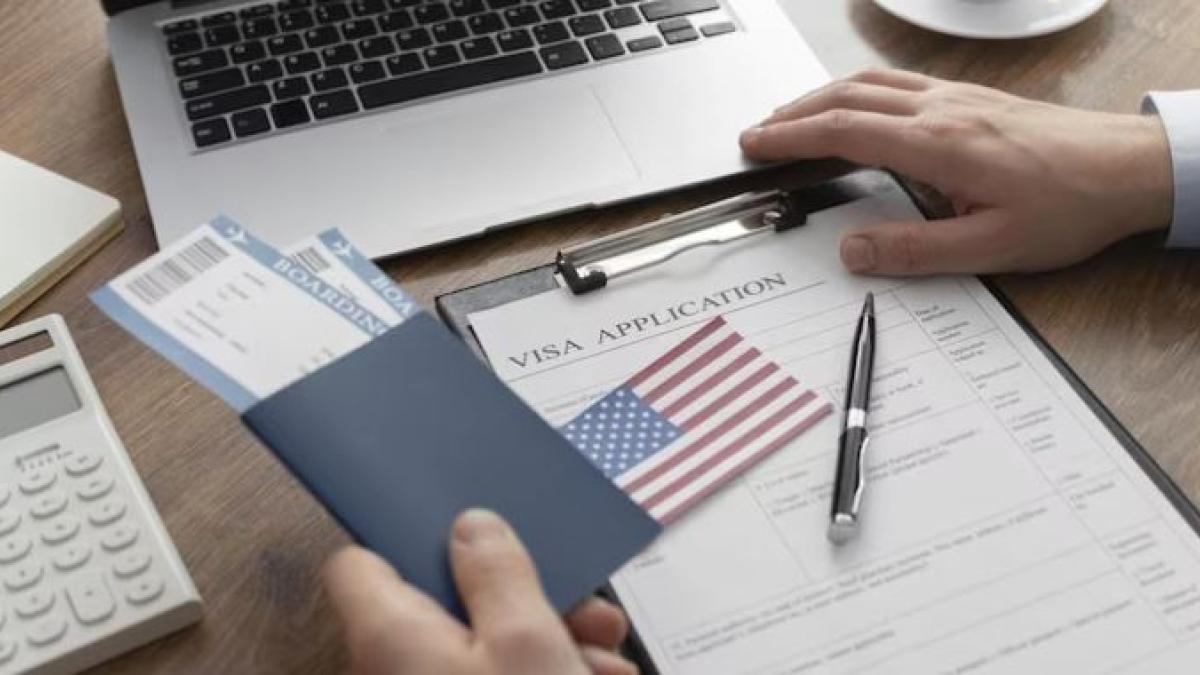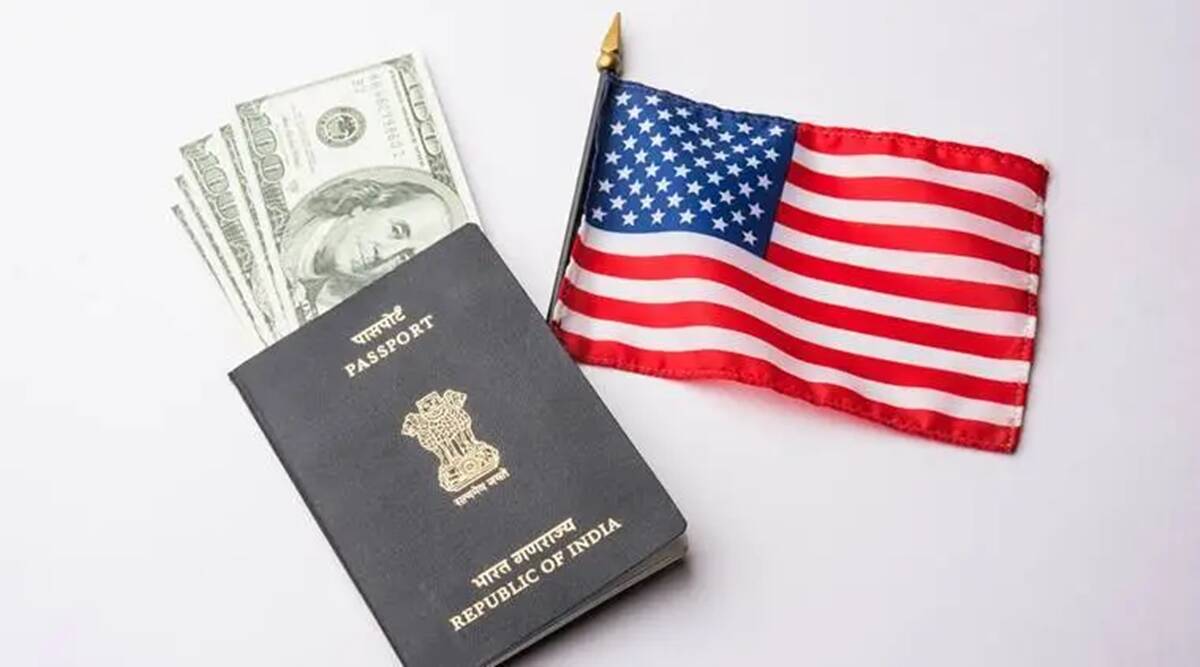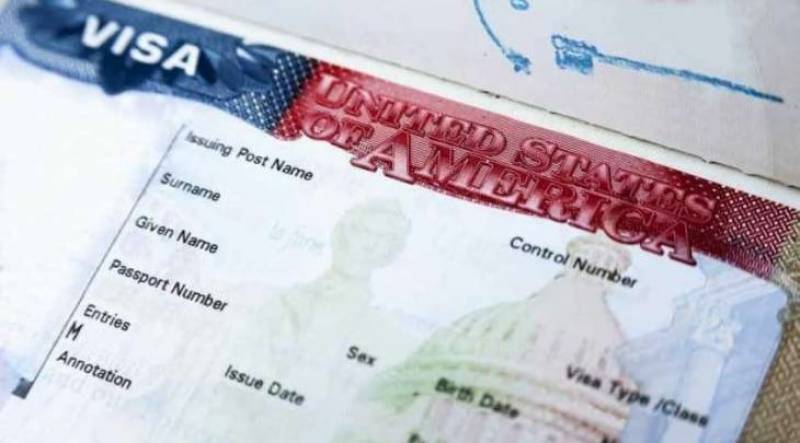Introduction
Visa holders play a vital role in today’s interconnected world, enabling individuals to explore new horizons, contribute to diverse communities, and pursue exciting opportunities in foreign lands. This article delves into the intricacies of being a visa holder, shedding light on the various types of visas, the benefits they offer, the challenges faced by visa holders, and essential tips for navigating the visa journey successfully.
What is a Visa Holder?
A visa holder is an individual who possesses legal permission, granted by a host country, to reside, study, work, or travel within its borders for a specified period. A visa serves as an official endorsement, allowing foreign nationals to engage in various activities while adhering to the laws and regulations of the host country.
Types of Visas
Visas come in different forms, catering to the diverse needs of individuals seeking entry into a foreign country. Some common types of visas include tourist visas, student visas, work visas, business visas, and family visas. Each visa type has specific eligibility criteria, requirements, and limitations that applicants must fulfill.
Benefits of Being a Visa Holder
Being a visa holder opens up a world of opportunities. It enables individuals to experience new cultures, pursue higher education, advance their careers, and build valuable connections across borders. Visa holders often gain exposure to different perspectives, expand their horizons, and develop a global mindset that enhances personal growth and professional prospects.
Challenges Faced by Visa Holders
While the journey of a visa holder can be rewarding, it is not without its challenges. Visa holders often encounter language barriers, cultural adjustments, and unfamiliar legal systems. They may face difficulties in securing employment, finding suitable housing, or accessing essential services. Moreover, visa holders may experience homesickness and a sense of longing for their home country and loved ones.
Tips for Visa Holders

- Research and Prepare: Before embarking on your visa journey, conduct thorough research to understand the requirements, restrictions, and opportunities associated with your visa type.
- Connect with Support Networks: Seek out local communities, cultural organizations, or online forums that cater to visa holders. These networks can provide valuable advice, support, and a sense of belonging.
- Learn the Local Language: Mastering the local language or at least basic communication skills can greatly facilitate integration and help overcome language barriers.
- Embrace Cultural Exchange: Immerse yourself in the local culture, try new experiences, and be open to learning from the people around you. Embracing cultural exchange can enrich your journey as a visa holder.
- Build Professional Networks: Attend networking events, join professional organizations, and leverage online platforms to expand your professional network and explore employment opportunities.
Visa Renewal Process
Visa holders must be aware of the visa renewal process to ensure uninterrupted legal status in their host country. The renewal process varies depending on the visa type and host country’s regulations. It typically involves submitting updated documentation, fulfilling any requirements for extension, and paying applicable fees.
Employment Opportunities for Visa Holders
Visa holders often seek employment opportunities in their host country to support their livelihood and gain valuable work experience. While navigating the job market as a visa holder can be challenging, there are strategies that can enhance employment prospects:
- Leverage Transferable Skills: Highlight transferable skills that are valued in the host country’s job market, showcasing your adaptability and versatility.
- Networking: Build connections through professional networks, attend industry events, and engage in informational interviews to increase visibility and access job opportunities.
- Stay Informed: Stay updated on industry trends, job openings, and visa regulations to capitalize on emerging opportunities.
Education and Study Options
Many visa holders pursue education opportunities in their host country, seeking to acquire knowledge and skills that can benefit their personal and professional growth. Studying abroad as a visa holder offers unique advantages:
- Global Education: Gain exposure to a diverse learning environment, collaborating with students from different backgrounds and cultures.
- Enhanced Career Prospects: Acquire an internationally recognized degree, expanding employment prospects in both your host country and home country.
- Cultural Immersion: Immerse yourself in the host country’s educational system, language, and culture, broadening your perspective and fostering personal growth.
Healthcare and Insurance Coverage
Access to healthcare and insurance coverage is crucial for the well-being of visa holders. It is essential to understand the healthcare system in your host country and the provisions available for visa. Some key considerations include:
- Health Insurance: Obtain comprehensive health insurance that covers medical emergencies, hospitalization, and routine healthcare needs.
- Find Local Providers: Research and identify healthcare providers that cater to visa holders, ensuring language accessibility and cultural sensitivity.
- Stay Updated on Regulations: Keep abreast of changes in healthcare policies and requirements for visa holders, and ensure compliance to maintain valid coverage.
Cultural Exchange and Travel

One of the remarkable aspects of being a visa holder is the opportunity for cultural exchange and travel. Visa holders can explore their host country’s diverse landscapes, landmarks, and traditions, forging unforgettable memories. Here are some travel tips for visa holders:
- Plan Ahead: Research popular destinations, local customs, and travel regulations to make the most of your travel experiences.
- Immerse Yourself: Seek authentic experiences by interacting with locals, trying local cuisine, and participating in cultural events.
- Respect Local Customs: Familiarize yourself with local customs, traditions, and etiquette to show respect and appreciation for the host culture.
Visa Holder Support Systems
Visa often encounter unique challenges and uncertainties during their journey. It is important to be aware of the support systems available to assist and guide visa holders:
- Embassies and Consulates: The embassies and consulates of your home country in the host country can provide essential support, including consular assistance, guidance, and information.
- Immigration Services: Familiarize yourself with immigration services and organizations that specialize in helping visa navigate legal processes, provide resources, and offer guidance.
Legal Rights and Responsibilities
As a visa holder, understanding your legal rights and responsibilities is crucial. Familiarize yourself with the laws and regulations of your host country to ensure compliance and avoid legal issues. Some key aspects.
Common Misconceptions about Visa
There are several misconceptions surrounding visa. Let’s address some of the common ones to dispel any misunderstandings:
- Visa Holders are a Burden on Healthcare Systems: typically have private health insurance and contribute to the healthcare system through taxes and insurance premiums.
- Don’t Contribute to Society: actively participate in community activities, cultural exchange, and contribute to the social fabric of their host country.
Conclusion
It offers a gateway to explore new horizons, pursue education and career prospects, and immerse oneself in diverse cultures. By understanding the intricacies of visa processes, leveraging support networks, and embracing the journey with an open mind, can navigate the challenges and make the most of their international experience.
FAQs (Frequently Asked Questions)
1. Can visa holders work in any job?
Visa holders are typically restricted to working in specific jobs or industries as per the conditions of their visa. It is essential to check the employment limitations and seek appropriate work authorization.
2. What happens if a visa expires?
If a visa expires, it usually means that the individual no longer has legal permission to stay or engage in activities in the host country.
3. Can visa holders bring their families with them?
Depending on the visa type and host country’s regulations, visa holders may be able to sponsor their family members to join them. Each country has specific rules and requirements for family visas.
4. Do visa holders have access to public services and benefits?
Access to public services and benefits varies depending on the visa type and host country.
5. Can visa holders become permanent residents or citizens?
In certain cases, visa holders may be eligible to apply for permanent residency or citizenship in their host country. The eligibility criteria and processes for acquiring residency or citizenship differ from country to country.


